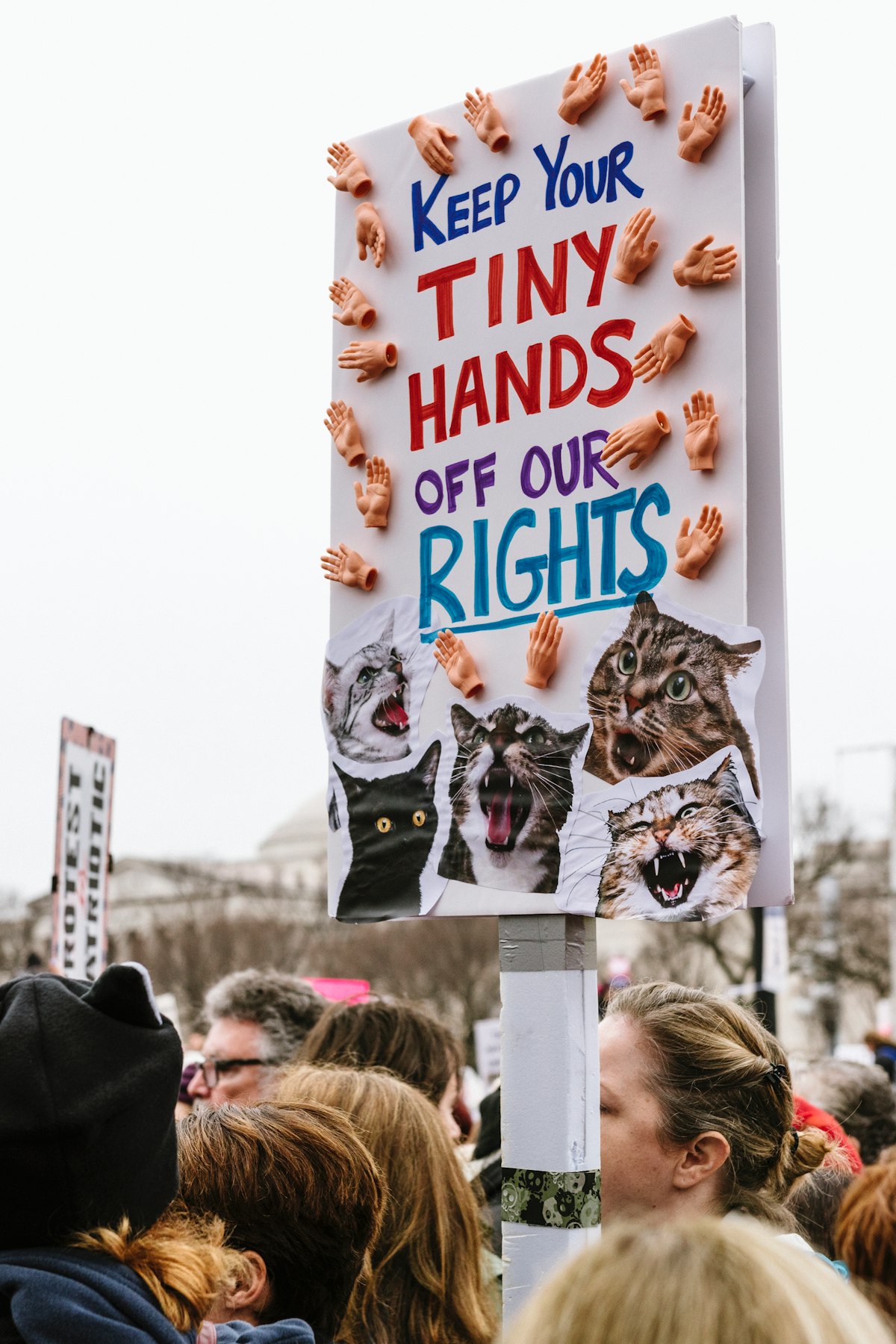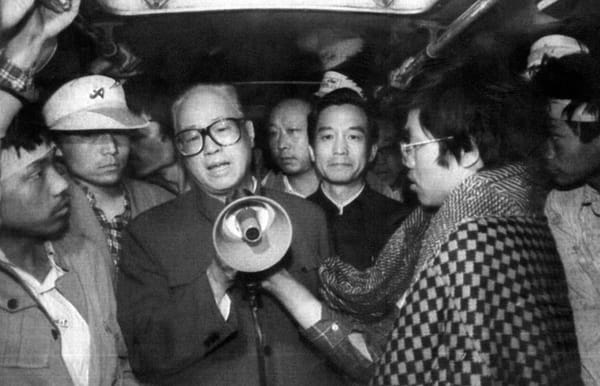Freedom of Contract and the Abortion Debate

Freedom of Contract had a vibrant (albeit not completely consistent) history within American jurisprudence during the so-called Lochner Era, which legal scholars generally regard as lasting from the late nineteenth century until 1937. While never completely consistent in its application, the Supreme Court defended property rights much more consistently than it does today, often citing "freedom of contract" as justification for striking down economic regulations such as maximum hours laws, minimum wage laws, and other incursions onto economic freedom by the federal and state governments.
The Court also struck down much of the early New Deal legislation, which unleashed unprecedented levels of economic intervention and granted the President unprecedented new powers over the economy. In 1937, with the case of West Coast Hotel v. Parrish, the Supreme Court finally acquiesced to a minimum wage law passed by the state of Washington, and overturning an earlier case which had invalidated very similar legislation. After this, much of the administrative state has been sustained without almost any fuss by the Supreme Court. (See Wickard v. Filburn, Williamson v. Lee Optical, etc.).
Roe v. Wade was decided in 1973, after both conservatives and liberals on the Supreme Court had essentially acquiesced to the post-New Deal, Great Society settlement regarding economic intervention and the welfare state. Freedom of Contract was no more. It would not be possible for them to consistently sustain the New Deal and use property rights or freedom of contract as a basis for defending individual liberties such as abortion. But they did have a string of cases in which they had struck down state laws by invoking an unenumerated "right to privacy." (It's interesting to note that both the Lochner Era cases and the privacy line of cases invoked the 14th Amendment, however the Lochner Era cases did not rely on the Constitution's Contracts Clause).
Though there is a legitimate case for a constitutional right to privacy, reading Roe and other privacy cases such as Griswold gives the impression that the Court is merely grasping at straws for a way to sustain the New Deal settlement while relying on older "substantive due process" jurisprudence from the Lochner Era. But they did not need to engage in these mental gymnastics. Under a consistent application of freedom of contract, one could easily argue that a woman seeking an abortion is merely seeking to engage in a transaction with a medical professional. She is within her rights to pay for whatever services she chooses, so long as a third person isn't harmed by it. She also has the right to medical procedures to defend herself.
This reasoning would be a far more consistent and easily applicable means to defend abortion rights than the muddled "privacy" / "penumbras and emanations" reasoning. However, it would mark a return to limited government. It would mark a return to robust protections of individual rights, even if that means invalidating legislation passed by the elected branches of government at the federal, state, and local levels. And if applied consistently, it would mean the invalidation of regulations restricting individuals' abilities to take medications not yet given FDA approval, and doctors' rights to prescribe them.




